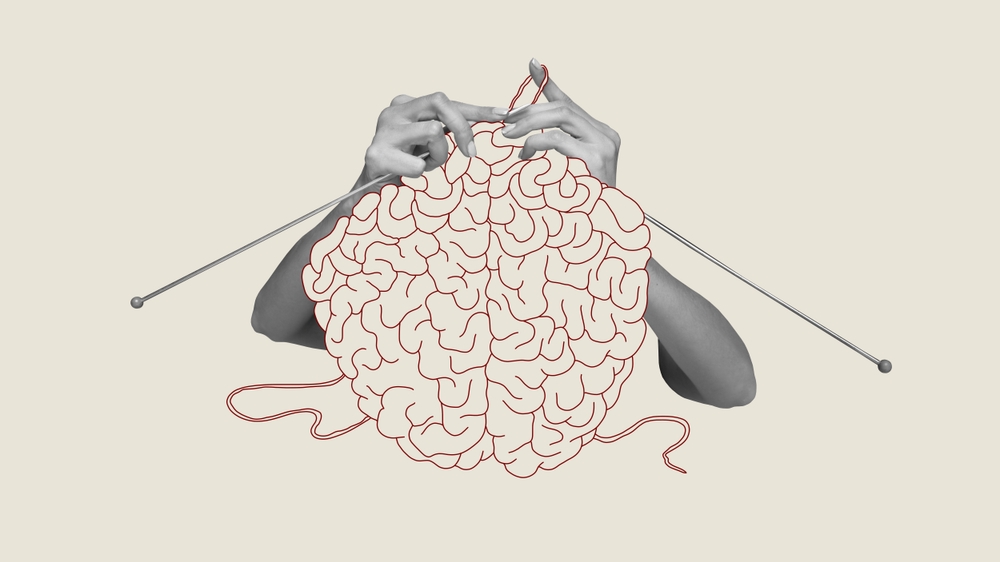The European Union is preparing a set of rules for AI developers that will tighten requirements for algorithm transparency, risk mitigation, and copyright compliance. In response, the United States accused the EU of discriminating against American companies and called the rules unrealistic.
According to Bloomberg, the US diplomatic mission to the EU sent a letter to the European Commission demanding that it review the proposed code of practice for AI. Similar requests, in which arguments are made against adopting the code in its current form, have been received by several European governments. Although the requirements are advisory in nature, they are intended to help tech companies comply with the EU’s future “AI Act“, and violating them could result in fines of up to 7% of a company’s global turnover. Critics argue that the proposed standards go beyond the law and create an excessive bureaucratic burden.

We’ll keep you updated as negotiations continue between the US and EU regarding these important regulatory changes.
Political Tensions and Tech Industry Pushback
It is noted that Donald Trump has repeatedly criticized the EU for strict regulation of the tech sector, calling it a “form of taxation” of American companies. He stated this in January at the World Economic Forum in Davos. Earlier, the head of the House Judiciary Committee, Jim Jordan, also accused the EU of restricting Americans’ freedom of speech.
Meanwhile, large IT corporations have already expressed disagreement with the new rules. The head of global relations at Meta, Joel Kaplan, called the code “unworkable and unrealistic”, stating that the company will not sign it in its current version. An Alphabet representative also criticized the requirements regarding copyright verification and testing of AI models.
Relations have become strained against the backdrop of new EU fines against Apple and Meta in the amount of 700 million euros for violating antitrust rules, adds NIX Solutions. A representative of the White House National Security Council, Brian Hughes, referred to these measures as “economic extortion.”
Development of the Code and Future Steps
The code of practice is being developed with the participation of technology companies, copyright holders, and representatives of civil society under the leadership of the European Commission. The final version of the document will be presented next month, after which it must be approved by EU institutions and representatives of EU member states. We’ll keep you updated as more details emerge and the final document is released.
